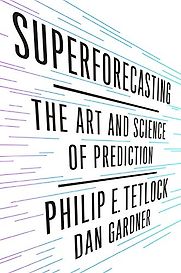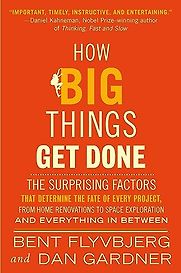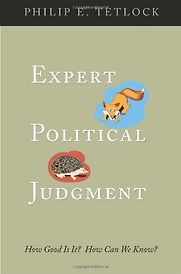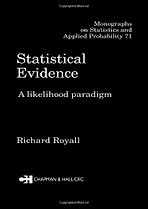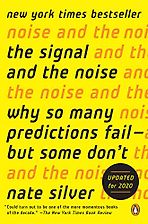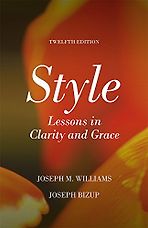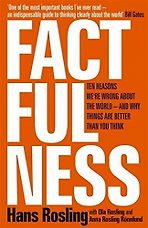Recommendations from our site
“Tetlock, who is a Canadian American political scientist, conducted a lot of experiments to try and understand what makes people become better at making predictions…What he found is that in a whole range of topics, those he called ‘superforecasters’ tend to be, on average, much better at predicting events than the topic experts that he compared them with. When we listen to the radio or watch TV, we often see these pundits who seem to have extremely strong views about something: for example, they claim with absolute certainty what’s going to happen in the war in Ukraine, or swear that a given politician is going to get elected in the next cycle. And because these people have a very assertive and confident way of telling us these things, we tend to believe them. Tetlock went to the effort of logging all the predictions made by these people, and he found that they were no better than random.” Read more...
“The approach of forecasting is to make very precise predictions and then, over time, you see which are correct and which are incorrect. They have developed a whole set of skills for improving the way we reason about probabilistic matters. The book is very helpful for thinking about things that are intrinsically uncertain, questions like, ‘When will we develop human-level artificial intelligence?’ Or ‘Will there be a third world war in our lifetime?’” Read more...
Will MacAskill, Nonprofit Leaders & Activist
Our most recommended books
-

Statistical Evidence: A Likelihood Paradigm
by Richard Royall -

The Signal and the Noise
by Nate Silver -

Visualize This: The FlowingData Guide to Design, Visualization, and Statistics
by Nathan Yau -

Computer Organization and Design MIPS Edition: The Hardware/Software Interface
by David A. Patterson & John L. Hennessy -

Style: Lessons in Clarity and Grace
by Joseph Bizup & Joseph M. Williams -

Factfulness: Ten Reasons We're Wrong About The World — And Why Things Are Better Than You Think
by Hans Rosling
